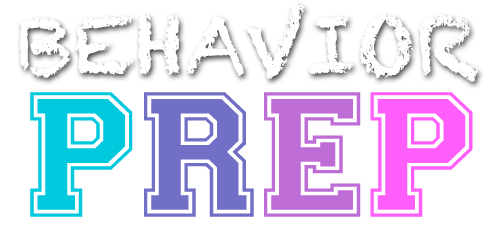E.4 Identify and comply with requirements for collecting, using, protecting, and disclosing confidential information.
Identifying and complying with the requirements for collecting, using, protecting, and disclosing confidential information means understanding and following ethical and legal guidelines that ensure client data is handled responsibly. This includes obtaining proper consent, ensuring data security, and only sharing information with authorized individuals.
Example: A BCBA is working with a child in a school setting and collects behavioral data during sessions. The BCBA ensures that the data is stored securely on a password-protected device and only shares it with the child’s parents, teachers, and other authorized professionals who are part of the treatment team. Before sharing the information, the BCBA obtains written consent from the child’s parents and ensures that the data is used solely for improving the child’s treatment plan.
